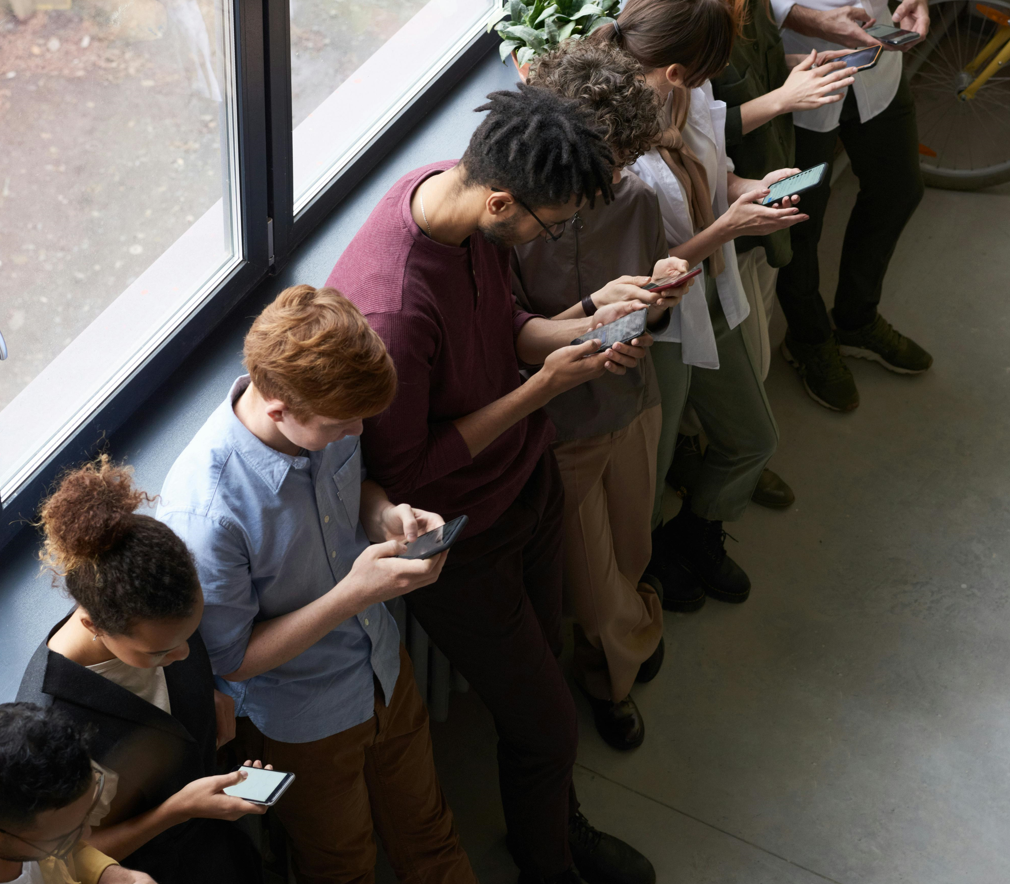The Impact of Social Media on Mental Health
Sep 23, 2024 in General,

The Effects of Social Media on Mental Well-Being
In today’s digital age, social media has become an integral part of our lives. Platforms like Instagram, Facebook, Twitter, and TikTok connect us to friends, family, and global communities, but they also raise important questions about mental health. Understanding this duality is crucial for cultivating a healthy relationship with social media.
The Positive Aspects
-
Connection and Community: One of the most significant benefits of social media is the ability to connect with others. For those who may feel isolated, especially during challenging times, social media can provide a sense of belonging and support. Online communities can offer encouragement, share experiences, and create friendships that transcend geographical boundaries.
-
Access to Information: Social media is a powerful tool for mental health awareness. It allows individuals to access information about mental health resources, coping strategies, and personal stories that can inspire and educate. Campaigns promoting mental health initiatives often gain traction through social media, helping to reduce stigma.
-
Creative Expression: Many find solace in expressing themselves through social media. Whether it’s through art, writing, or sharing personal stories, creative outlets can be therapeutic. Platforms that encourage creativity can foster positive mental health and provide a space for self-discovery.
The Negative Effects
-
Comparison and Self-Esteem: While social media can highlight our achievements, it often leads to unhealthy comparisons. Seeing curated glimpses of others’ lives can cause feelings of inadequacy and low self-esteem. This comparison culture can be particularly detrimental to young users still forming their self-image.
-
Cyberbullying and Harassment: The anonymity of the internet can lead to negative interactions, including cyberbullying. Victims of online harassment may experience increased anxiety, depression, and feelings of isolation. Addressing and combating cyberbullying is vital for protecting mental health in the digital space.
-
Addiction and Overuse: Excessive social media use can contribute to anxiety and depression. The constant need for validation through likes and comments can create a cycle of dependence. It’s essential to recognize when social media use becomes compulsive and to establish healthy boundaries.
Tips for Managing Social Media Use
-
Set Boundaries: Determine how much time you want to spend on social media each day. Consider using apps that track your usage and send reminders when you exceed your limit.
-
Curate Your Feed: Follow accounts that inspire and uplift you. Unfollow or mute accounts that contribute to negative feelings or comparisons. Your online environment should reflect positivity and support.
-
Engage Mindfully: Before scrolling, take a moment to assess your feelings. Are you using social media to escape, or is it a way to connect? Mindful engagement can help you use social media in a more intentional way.
-
Take Breaks: Don’t hesitate to take a step back from social media when you feel overwhelmed. A digital detox can help you reconnect with the real world and focus on self-care.
-
Seek Support: If you’re struggling with the impact of social media on your mental health, consider talking to a therapist. They can provide personalized strategies to help you navigate these challenges.
Conclusion
Social media is a double-edged sword. While it offers connection and support, it can also lead to negative mental health outcomes. By understanding its impact and implementing healthy strategies, we can harness the benefits of social media while minimizing its potential harms. Remember, your mental health matters, and creating a positive digital space is a vital step toward overall well-being.
If you’re looking for additional resources or support, don’t hesitate to reach out to a mental health professional. Together, we can foster a healthier relationship with social media.

